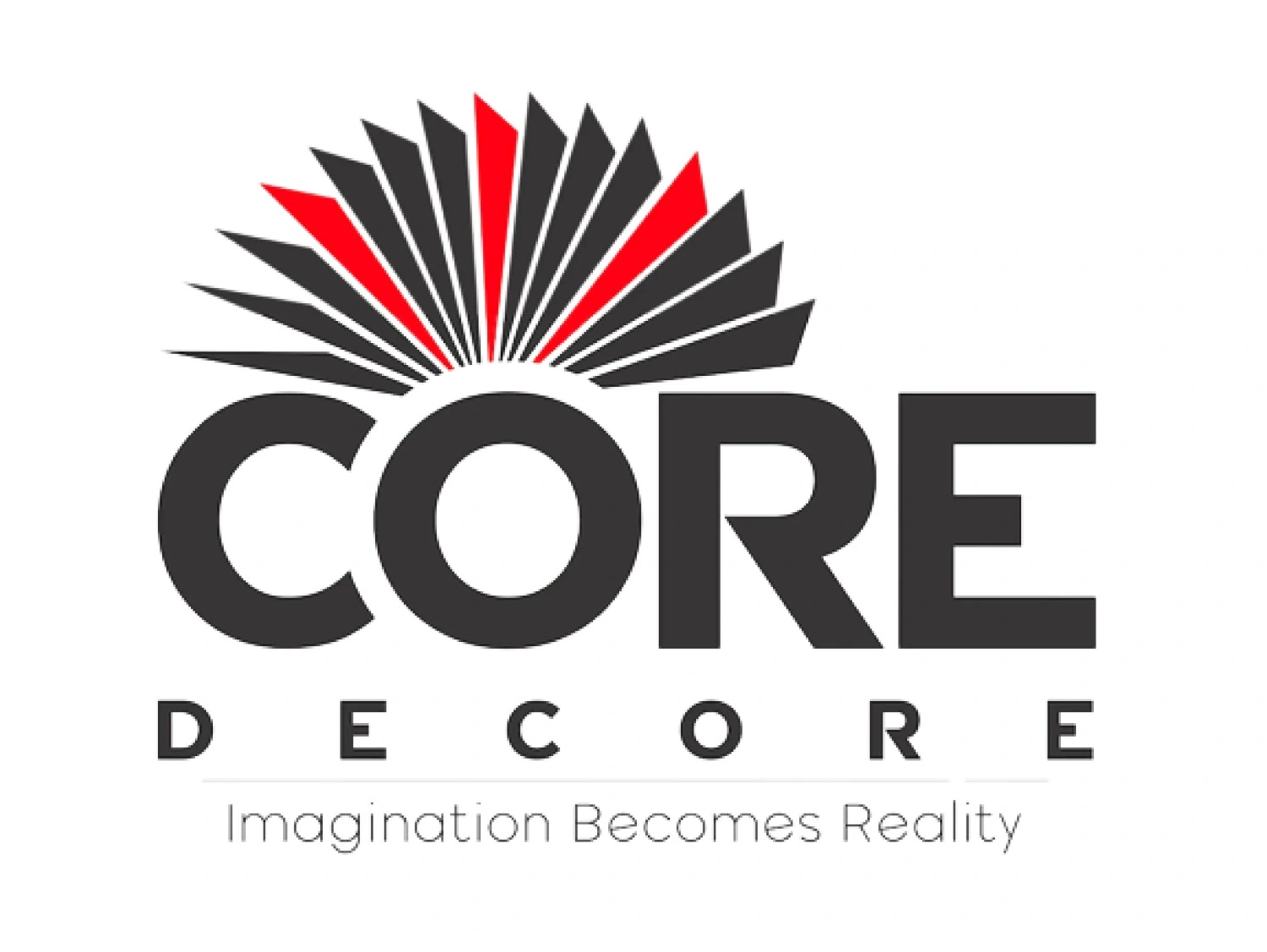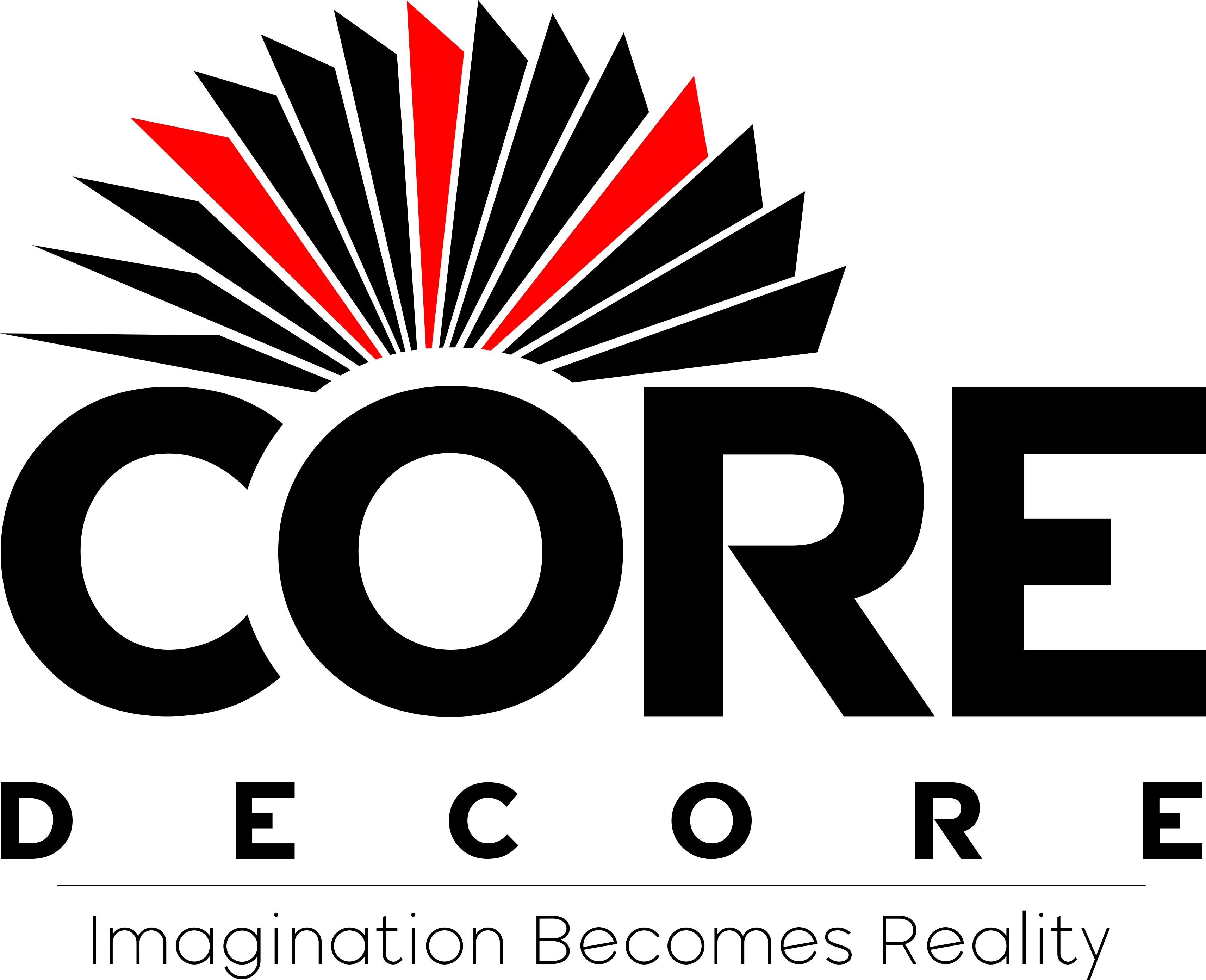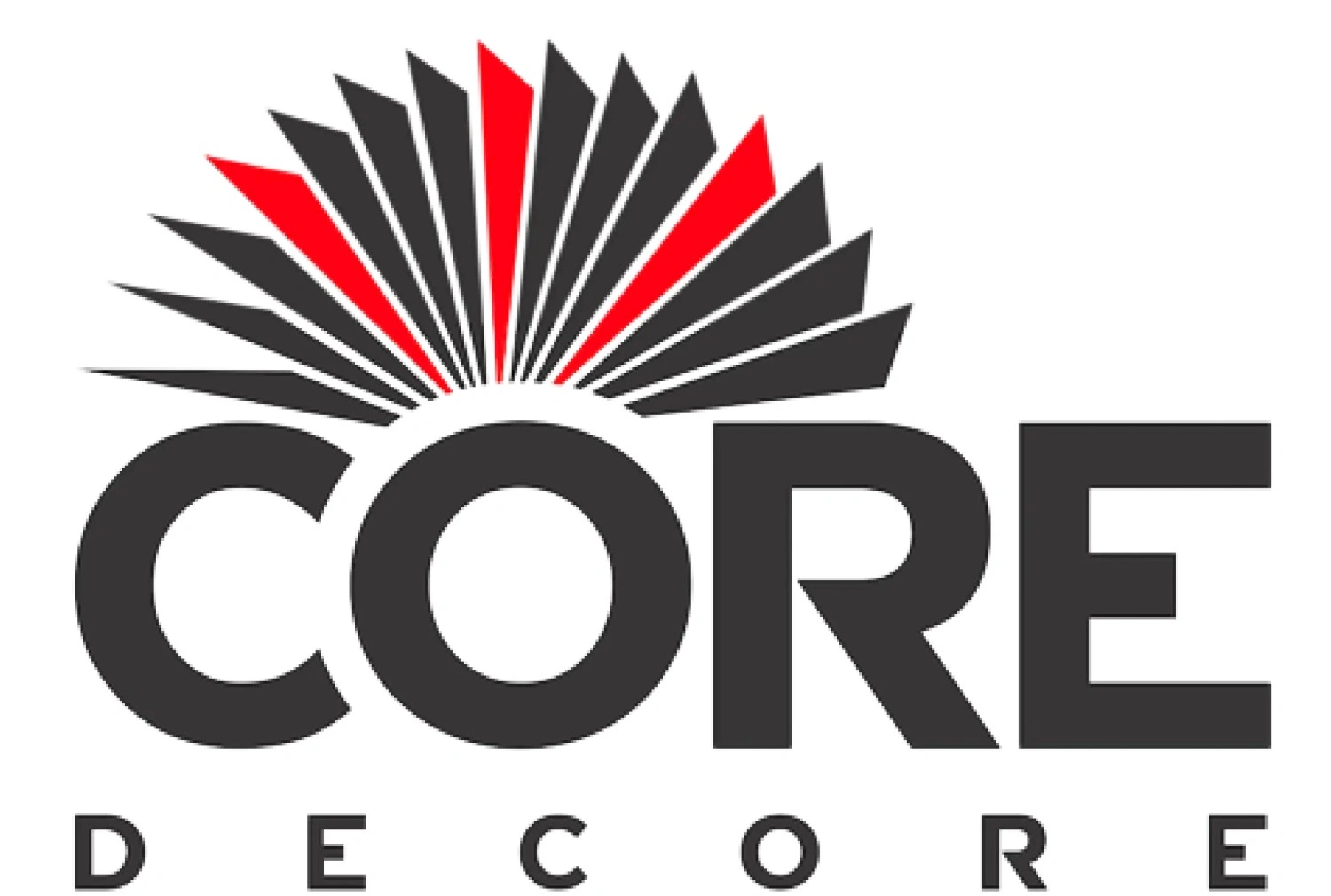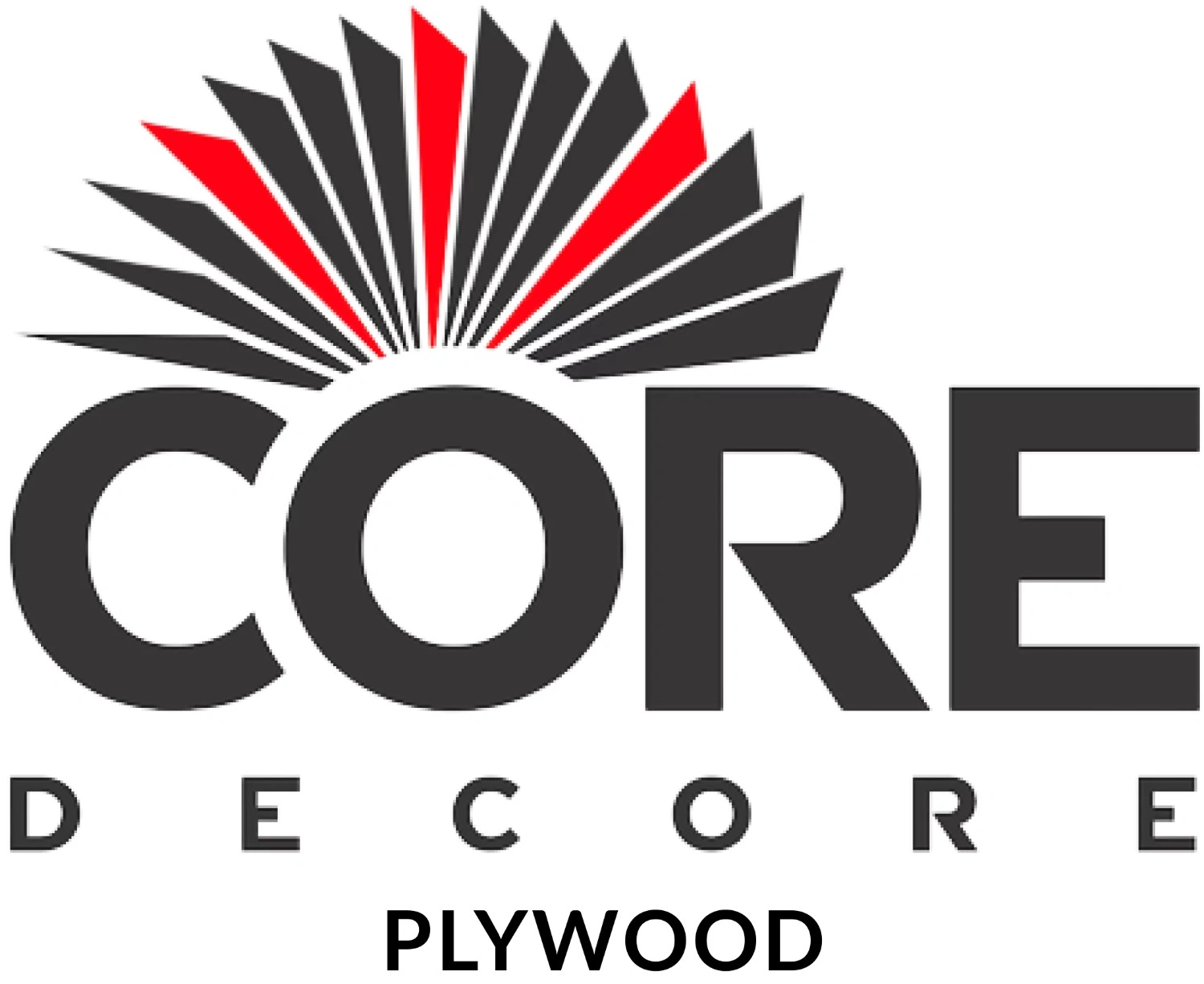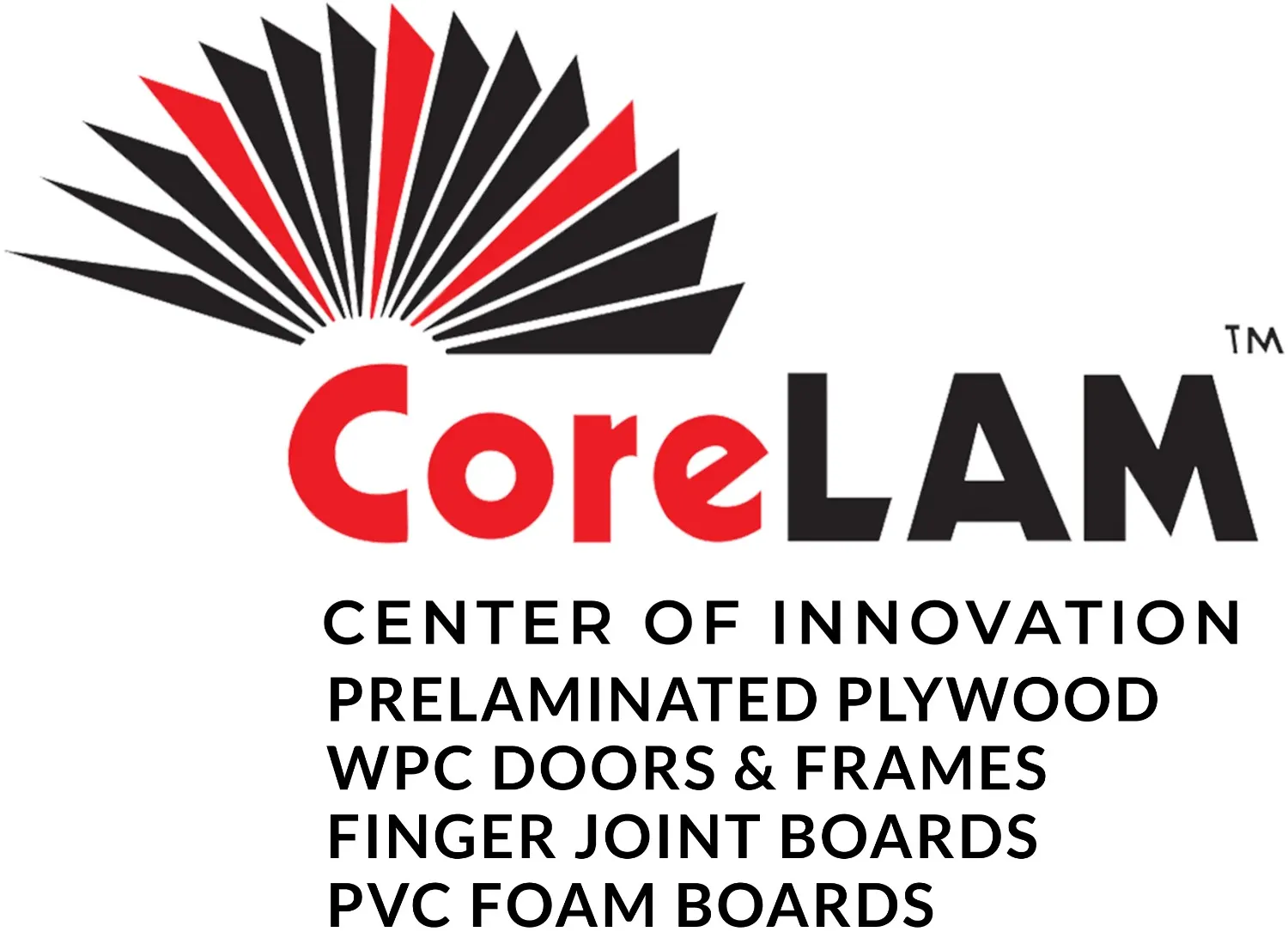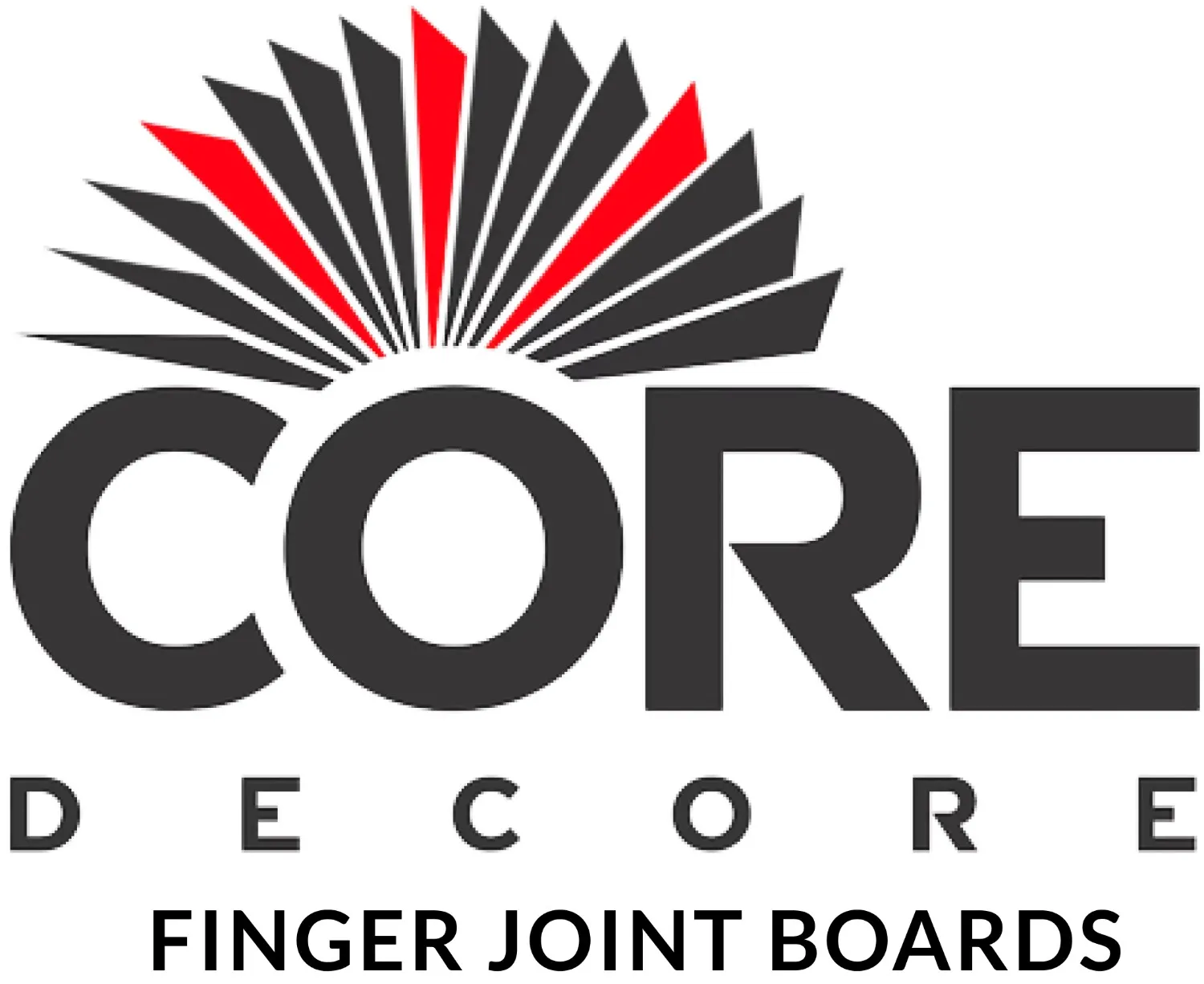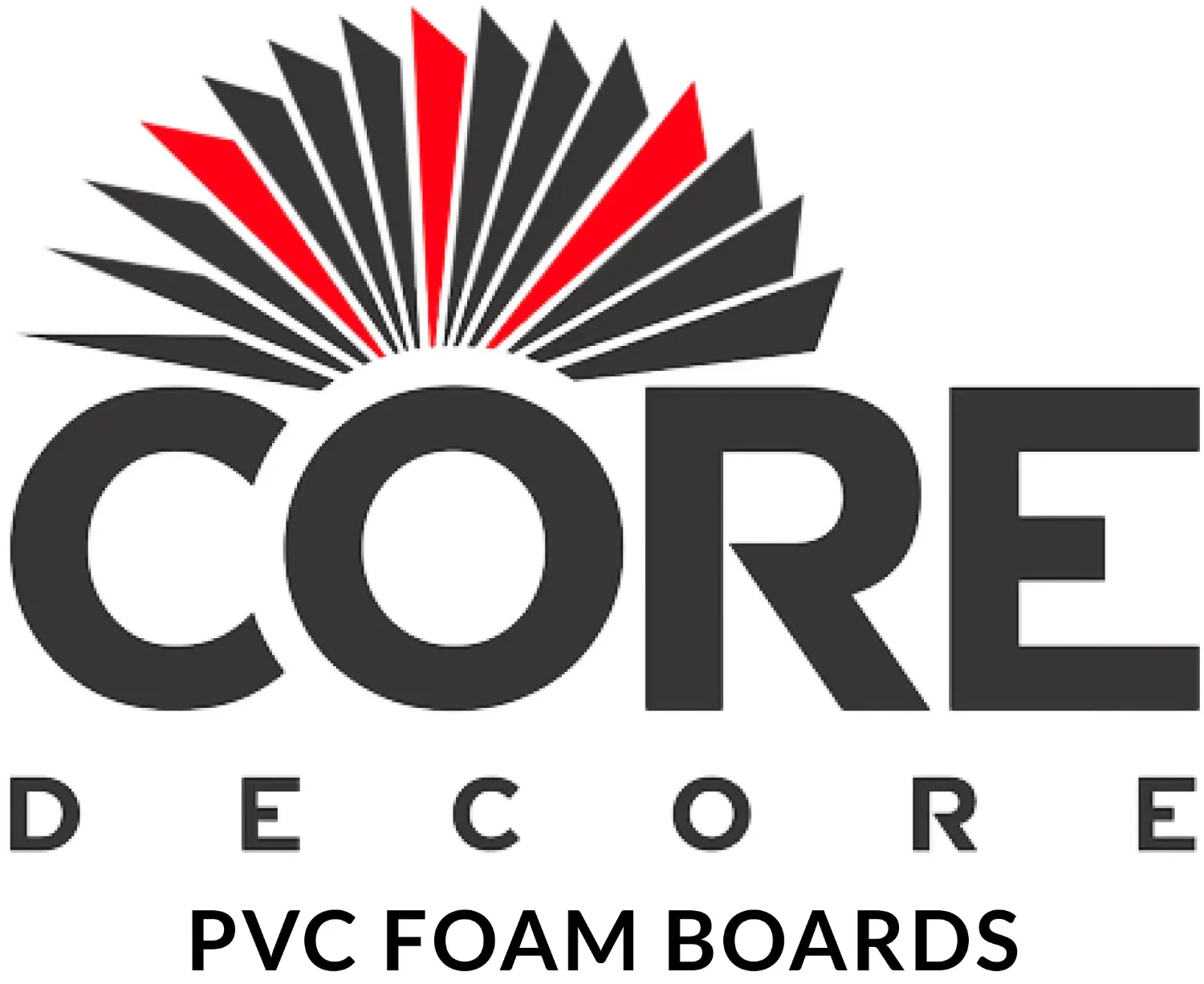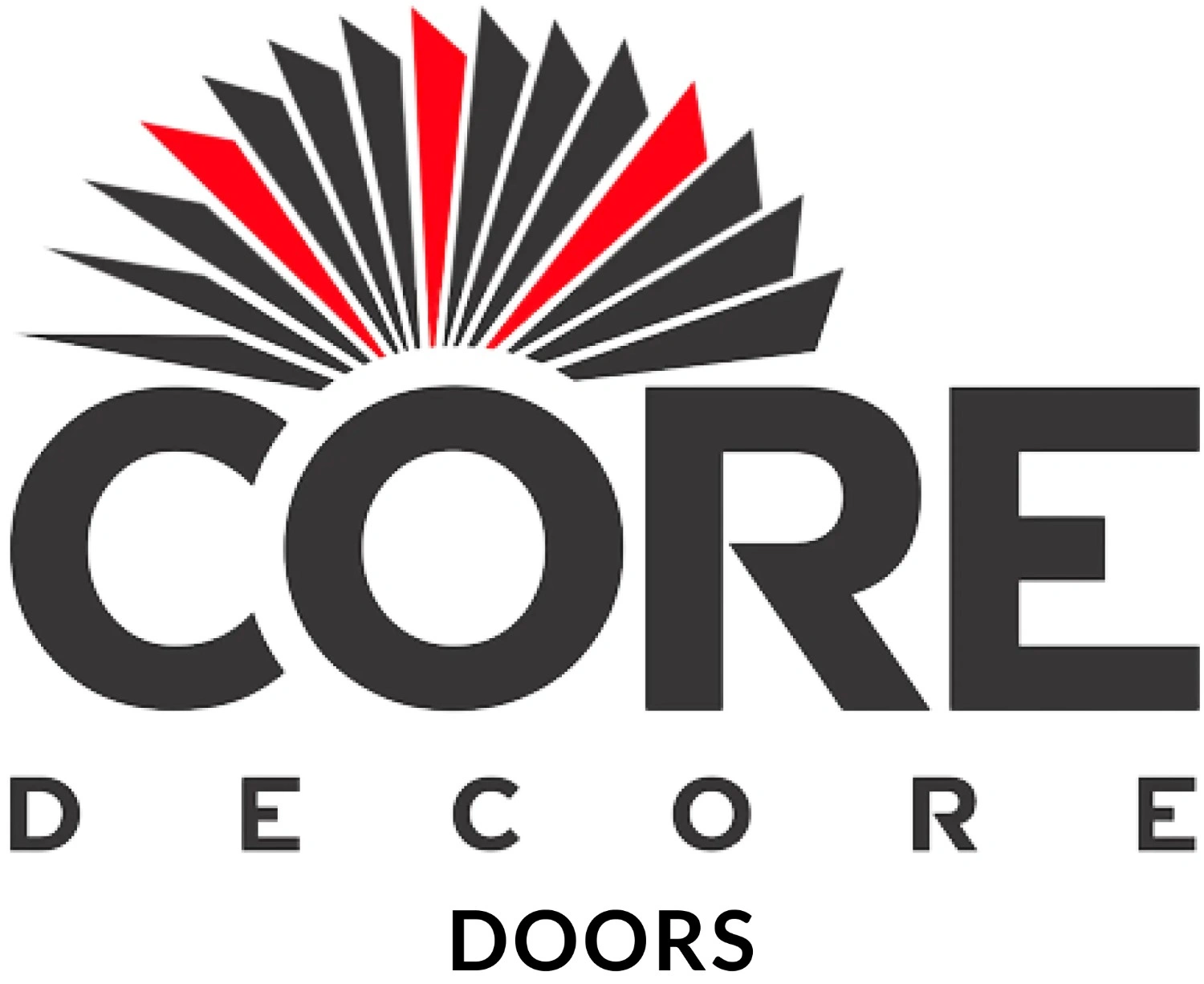10 Must-Have requirements of Plywood for a Functional Modular Kitchen
Selecting the right plywood for a modular kitchen is crucial as it plays a significant role in determining the durability and aesthetics of the furniture. In the realm of plywood, there are various types available, each with its unique characteristics. When it comes to crafting a modular kitchen, a few key considerations come into play to ensure that the chosen plywood meets the specific requirements of moisture-prone areas such as kitchen cabinets, slabs.
1. Plywood Types
Plywood is divided into various categories which determines the quality. The most commonly used types are MR (Moisture Resistant) , BWR (Boiling Water Resistant), and BWP (Boiling Water Proof) For a modular kitchen, it is advisable to opt for BWR or BWP grade plywood as these are specifically designed to withstand exposure to moisture.
2. Plywood Core Material
The core material of plywood greatly influences its strength and durability. There are main types of core materials that include MDF (Medium Density Fiberboard), Particleboard, strip joint core.. Etc. While MDF and Particleboard are cost-effective options, and they are considered superior for applications like modular kitchens due to their strength and resistance to warping.
3. Thickness
The thickness of plywood impacts its structural integrity. For modular kitchen cabinets, it is recommended to use plywood with a thickness ranging from 18mm to 25mm. Thicker plywood provides better support for heavy countertops and ensures the overall stability of the kitchen structure.
4. Veneer Quality
The veneer is the outer layer of plywood that determines its appearance. High-quality plywood for a modular kitchen should have a smooth and consistent veneer without any visible patches or irregularities. Hardwood veneers like teak, oak, or maple are popular choices for a premium look.
5. Water Resistance
Given the nature of activities in a kitchen and the possibility of spills and splashes, it's crucial to prioritize water-resistant plywood. BWR and BWP grades offer varying degrees of water resistance, with BWP being the highest. This feature ensures that the plywood doesn't swell or delaminate when exposed to moisture, making it suitable for the kitchen environment.
6. Termite Resistance
Modular kitchens are susceptible to termite attacks, and choosing plywood with inherent termite resistance is essential. Many plywood types come with pre-treated anti-termite properties, providing an added layer of protection against these pests.
7. Environmentally Friendly
Opting for plywood that adheres to environmental standards and is certified by organizations such as FSC (Forest Stewardship Council) ensures that the material is sourced sustainably. This consideration aligns with the growing trend of eco-friendly and responsible choices in construction and interior design.
Cost Consideration
While it's tempting to focus solely on budget constraints, it's crucial to strike a balance between cost and quality. Investing in high-quality plywood may incur a higher initial cost, but the long-term benefits, including durability and resistance to wear, can outweigh the upfront expenses.
9. Compatibility with Hardware
Ensure that the selected plywood is compatible with the hardware and fittings used in modular kitchens. This includes hinges, drawer slides, and other accessories. The plywood should provide sufficient support for these components to ensure smooth functionality over time.
10. Brand Reputation
Choosing plywood from a reputable brand is essential to ensure product quality. Established brands often adhere to stringent manufacturing standards, providing plywood that meets or exceeds industry benchmarks. Researching and selecting a trusted brand can contribute significantly to the longevity of your modular kitchen.
In conclusion, selecting the best plywood for a modular kitchen involves a careful evaluation of various factors, including grade, core material, thickness, veneer quality, brand reputation, water and termite resistance, environmental considerations, and compatibility with hardware. Prioritizing these aspects ensures that the plywood chosen not only meets the functional requirements of a kitchen but also contributes to its aesthetic appeal and long-term durability.
